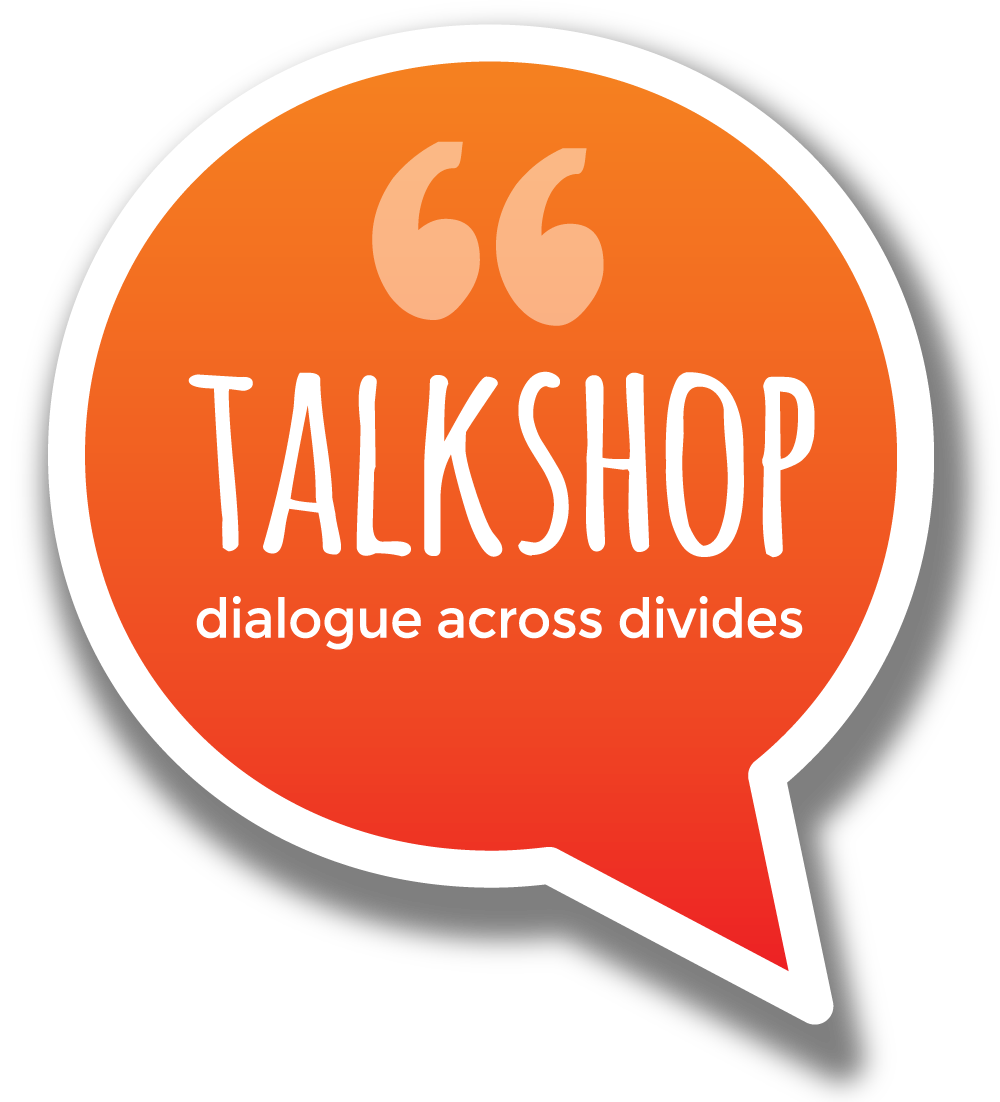From Perry Walker
My title is taken from the title of a recent book by a Canadian author called James Hoggan. It sums up neatly what the attitude seemed to be of many people involved in the EU referendum debate, whether that debate was face to face or on social media. By accident, I and my colleagues in Talk Shop (see www.talkshopuk.org) found an antidote. This is the story of that accident.
In the run-up to the EU referendum, we organised ten events around the country, attracting a couple of hundred people in all. We began in Hackney, ended up in Huntingdon, and our journey also took us to Halifax and to Hereford.
Our original intent was to assist people who were undecided. In fact, based on the three events for which we have figures, only 9% of the people who came were undecided at the start. We certainly helped them, because only 1% were undecided at the end. But they were a small part of our audience.
We wanted roughly equal numbers to argue for each side, but had no idea if the ‘decideds’ who turned up would split equally between Leave and Remain. (The actual split was about 30:70.) We therefore introduced some role play: taking the side you didn’t believe in and arguing the case. This turned out to be what people valued most. It came up consistently in our evaluation , from the first event in Hackney…
- “I found it helpful to have to put the other point of view, because it made me realise that I do have some things in common with people I disagree with.”
- “Having to rehearse and be devil’s advocate – this is helpful when campaigning on the issues”
….although the point was most vividly made verbally by a participant in Liverpool called John (who, as it happened, was wearing a T shirt with a hammer and sickle on it):
- “Arguing the case for leaving helped me realise that people who take that view, especially because of immigration, may have thought it through, rather than simply absorbing messages from the media.”
By accident, as I said, we created a format that did what no other referendum event I attended or read about did. It helped people do what the C18 German philosopher, Immanuel Kant, said was the essence of reasoning publicly: to “think from the standpoint of everyone else.”
